Blog

What Does It Mean to Be on a Sanctions List?
Sanctions lists play an important role in today’s international politics and security. Governments and organizations publish these lists to restrict the activities of those who violate international rules by funding terrorism, supporting aggressive regimes, or abusing human rig Read more »

How to Find and Check the OFSI Sanctions List?
In today’s world, where international ties play a key role, complying with sanctions has become an essential part of business practice. In the UK, the Office of Financial Sanctions Implementation (OFSI) oversees financial sanctions and maintains an up-to-date list of individual Read more »
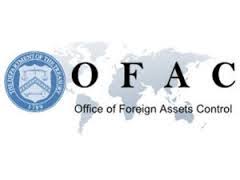
What is OFAC 50 Percent Rule?
Sanctions policy is a crucial tool that countries use to influence international relations, particularly in combating terrorism, human rights violations, and other threats. The primary body regulating sanctions in the USA is the Office of Foreign Assets Control (OFAC). This agenc Read more »
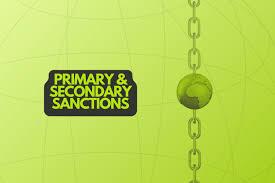
What are Primary And Secondary Sanctions?
Sanctions are a powerful tool of foreign policy, used to limit the economic activity of certain countries, companies, or individuals. The primary body that regulates sanctions in the USA is the Office of Foreign Assets Control (OFAC). It establishes and ensures compliance with sa Read more »
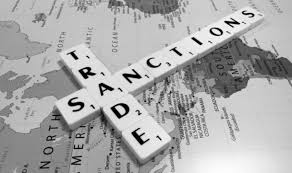
What are Trade Sanctions?
Trade sanctions always attract attention due to their ability to change the balance of power on the international stage. They impact global trade, forcing companies to revise their strategies and nations to forge new alliances. But behind every decision to impose sanctions lie co Read more »
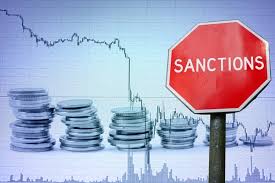
What are Economic Sanctions and How They Work?
Sanctions have become a significant tool in modern politics, influencing economies, markets, and international relations. They are implemented to pressure governments, companies, or individuals, changing their actions or strategies. Economic sanctions hold a special place among s Read more »
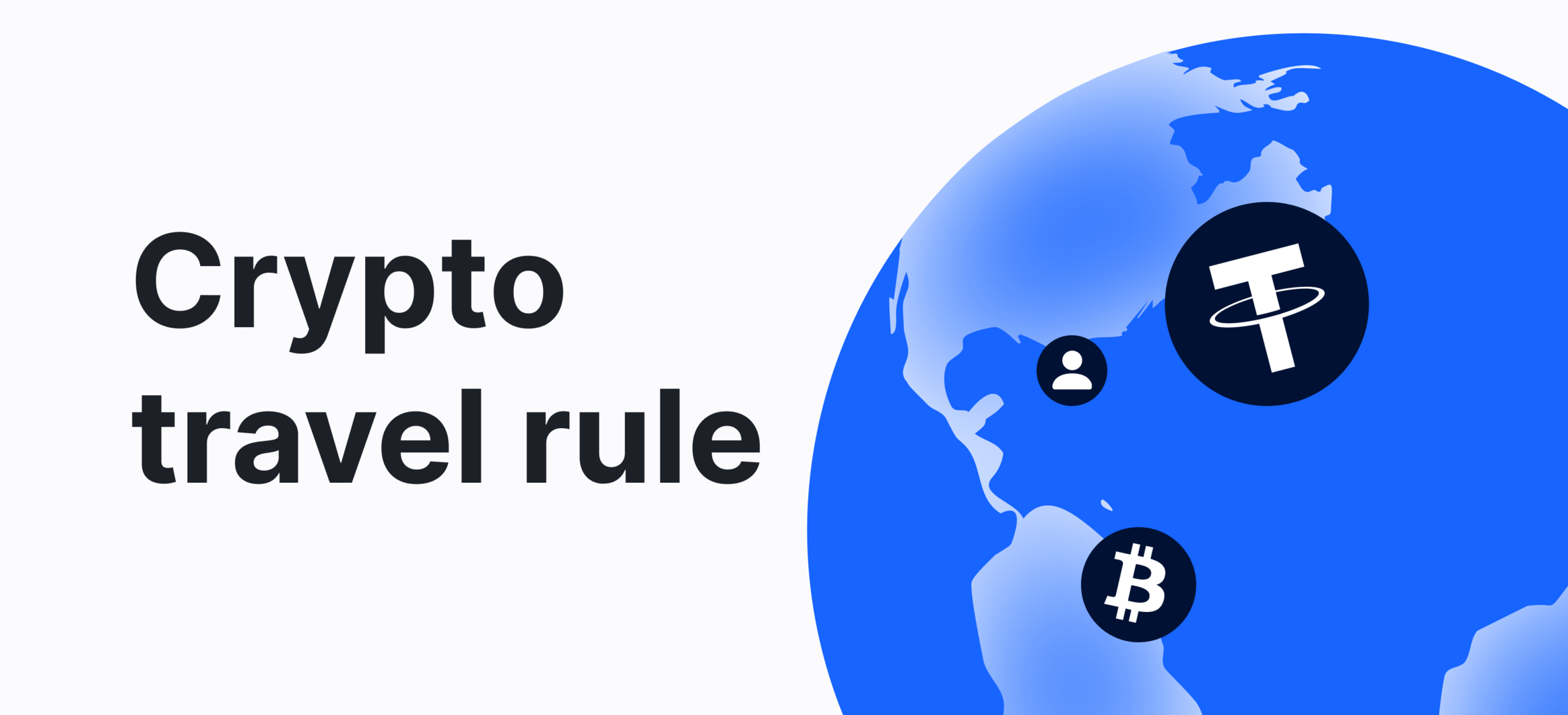
Financial Action Task Force (FATF) Travel Rule: A Complete Guide
With the rapid development of financial technologies and cryptocurrencies, it’s becoming increasingly difficult for governments to regulate digital assets. One of the most significant regulatory initiatives in recent years has been the FATF Travel Rule, aimed to combat mone Read more »
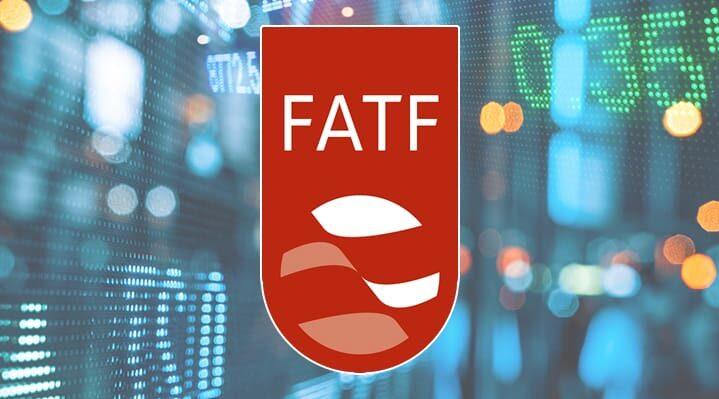
The FATF Grey List and Blacklist: Complete Guide
The Financial Action Task Force (FATF) establishes standards to combat financial crimes, such as money laundering and the terrorist financing. As part of assessing the success of these recommendations, the FATF issues and regularly updates “grey” and “black̶ Read more »

What is Watchlist Screening?
Watchlist Screening process is a procedure for checking individuals, organisations, and transactions against special lists that contain information on suspicious and prohibited persons and companies. This method is an important part of the AML/CFT strategy, as it helps to identif Read more »

Sanctions Watch Blog – Sanctions on Iran, Iraq and Syria: International Policy and Law Enforcement
Review From 2018 to 2022, there was an independent blog in the English-language segment dedicated to the analysis and monitoring of international sanctions againstIran, Iraq and Syria. This project has filled an important gap in English-language coverage of Middle East sanctions Read more »

Export Controls in Germany
Export controls play a pivotal role in ensuring security and compliance with Germany’s international obligations. This system is regulated by the Federal Office for Economic Affairs and Export Control (BAFA) and aims to prevent the proliferation of weapons of mass destructi Read more »

What is OFAC Clearance?
The Office of Foreign Assets Control (OFAC) oversees the regulation of cross-border financial transactions involving U.S. parties, enforcing sanctions that restrict or prohibit dealings with specified foreign individuals and entities. To steer clear of OFAC enforcement actions, U Read more »

